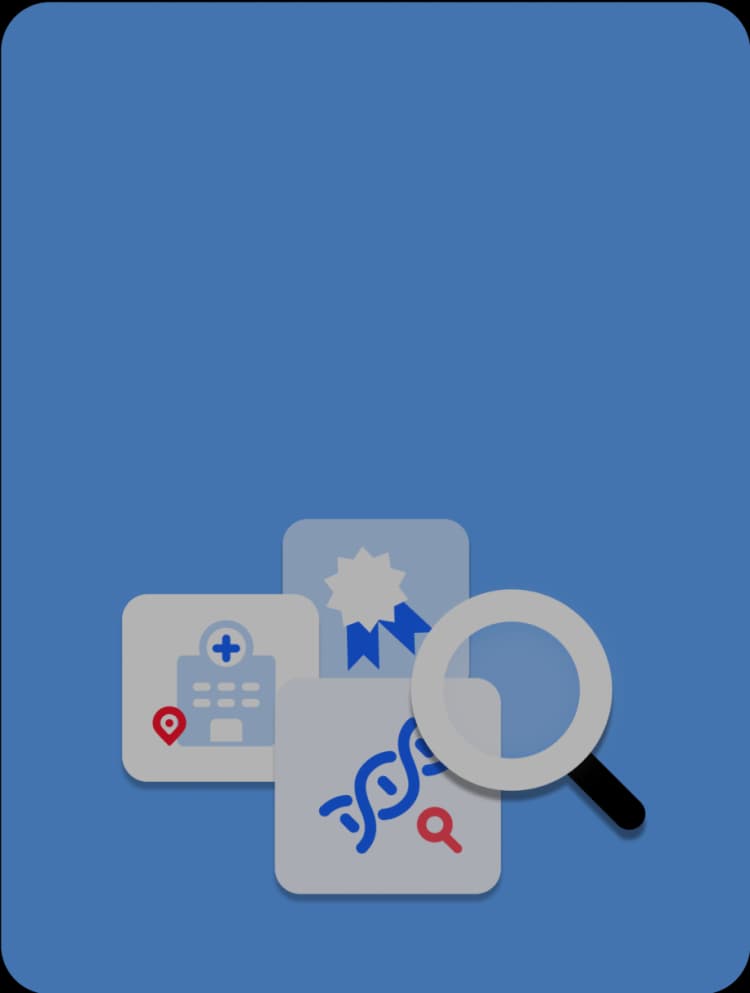Whole Genome Sequencing for Rare Diseases

The Advent of Whole Genome Sequencing in Rare Disease Diagnostics
Whole Genome Sequencing (WGS) has revolutionized the approach to diagnosing rare diseases. Unlike traditional methods that target specific genes, WGS analyzes the entire genome, offering a comprehensive view of an individual’s genetic makeup. This approach has significantly increased diagnostic yield, especially for complex or undiagnosed conditions, as highlighted in studies like this Genome Medicine article, which emphasizes the utility of WGS in identifying non-coding and structural variants that often evade detection.
Enhancing Diagnostic Accuracy and Efficiency with WGS
WGS’s efficiency in rare disease diagnostics is unmatched. For instance, a study published in the European Journal of Human Genetics, accessible here, demonstrates the effectiveness of WGS in offering definitive diagnoses for rare genetic disorders. The technology not only speeds up the diagnostic process but also reduces the need for multiple, often invasive, diagnostic tests.
- Comprehensive Genetic Analysis: Many rare diseases are caused by genetic mutations that may not be detected by targeted genetic tests. WGS examines the entire genome, thereby identifying both known and unknown genetic variants, including those in non-coding regions which might be implicated in disease pathology.
- Heterogeneity of Rare Diseases: Rare diseases often have a wide range of genetic causes, including single nucleotide variants, insertions, deletions, and structural variants. WGS can detect all these variant types in a single test, which is crucial given the genetic diversity and complexity of rare diseases.
- Diagnostic Efficiency: The diagnostic journey for patients with rare diseases can be long and arduous, involving multiple tests and specialists. WGS can expedite this process by providing a vast amount of genetic data in a single test, potentially leading to quicker and more accurate diagnoses.

WGS and Personalized Medicine
WGS’s role in personalized medicine is increasingly evident. By identifying specific genetic mutations responsible for a rare disease, WGS facilitates the development of targeted therapies. This personalized approach, as discussed in resources like Illumina’s overview, leads to more effective treatment strategies, improving patient outcomes.
The Future of WGS in Rare Diseases
The future of WGS is bright, with ongoing advancements promising to further enhance its accuracy and accessibility. As the technology evolves, it will continue to play a crucial role in the diagnosis and treatment of rare diseases, shaping the future of precision medicine and offering hope to millions affected by these conditions.
Whole Genome Sequencing represents a significant leap forward in the understanding and management of rare diseases. Its comprehensive approach to genetic analysis offers new hope for accurate diagnoses and personalized treatments, ushering in a new era of precision medicine. As we continue to navigate its ethical landscape and embrace its potential, WGS stands as a cornerstone in the quest to demystify rare genetic disorders and improve patient care.
Get exclusive rare disease updates
from 3billion.

Sree Ramya Gunukula
Marketing Leader with experience in the pharma and healthcare sectors, specializing in digital health, genetic testing, and rare disease diagnostics.






